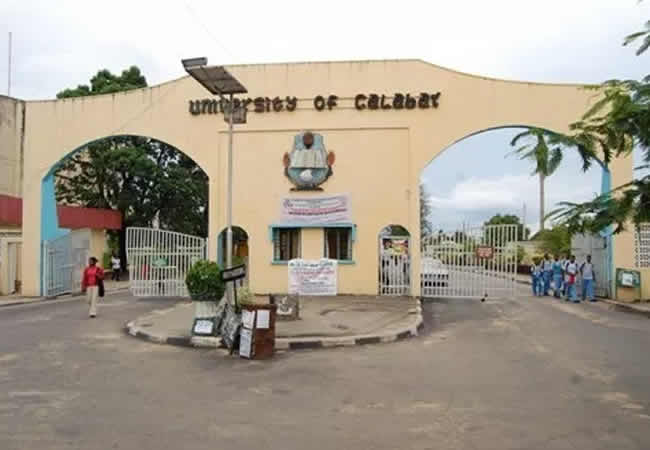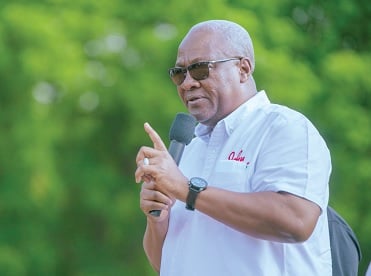The clinical lecturers at the University of Calabar, unified under the Medical and Dental Consultants Association of Nigeria (MDCAN), initiated an indefinite strike on June 13, 2025. Their core grievance stems from what they perceive as a calculated exclusion from the selection process for the university’s next Vice-Chancellor. The crux of their protest lies in the wording of the job advertisement, which they argue discriminates against members of the clinical faculty, effectively barring them from applying for the esteemed position. The lecturers contend that the university’s governing council deliberately crafted the advert to restrict eligible candidates and has, despite repeated pleas, refused to amend it to be more inclusive. This perceived disenfranchisement has led to escalating tensions between the clinical lecturers and the university administration.
The MDCAN formally communicated their decision to withdraw their services in a memo addressed to the incumbent Vice-Chancellor, Professor Florence Obi. The memo, signed by Dr. Patience Odusolu, the MDCAN Chairman, and Dr. Ehiosun Aigbomian, the Secretary, detailed the association’s growing frustration with the lack of response from the university’s leadership. Despite multiple engagements with the Vice-Chancellor, the Pro-Chancellor, and the governing council, their concerns remained unaddressed. The lecturers interpreted this inaction, particularly the continued use of the disputed advertisement, as a blatant violation of their fundamental right to compete fairly for the Vice-Chancellor position. They emphasized the urgency of the matter, highlighting that the advertisement, released on May 27, 2025, with a six-week application window, had already disenfranchisement them for three weeks.
The memo articulated three primary demands. Firstly, the immediate withdrawal of the allegedly discriminatory advertisement and its subsequent replacement with a revised, inclusive version. Secondly, the immediate suspension of the ongoing Vice-Chancellor selection process pending the publication of the amended advertisement. Finally, an extension of the application deadline to provide all eligible candidates, including those from the clinical faculty, ample time to submit their applications. The MDCAN made it clear that the strike would continue until these demands were met, signaling their resolve in pursuing a fair and equitable selection process. They expressed their anticipation for a swift resolution from the university management while maintaining a tone of professional respect.
The MDCAN’s decision to strike represents a significant escalation in their fight for inclusivity in the Vice-Chancellor selection process. The indefinite nature of the strike highlights their commitment to seeing their demands met, even at the cost of disrupting university operations. The underlying issue of representation and access to leadership positions within the academic community is brought to the forefront by this action. The clinical lecturers’ insistence on a fair and transparent selection process underscores the importance of equitable opportunities for all qualified individuals within the institution, regardless of their faculty affiliation.
The implications of this strike are multifaceted. The disruption of medical services provided by the clinical lecturers could have a significant impact on the university’s healthcare system. Moreover, the prolonged absence of these faculty members will undoubtedly affect teaching and research activities, potentially impacting the academic progress of students. Furthermore, the strike brings to light the deeper issue of power dynamics and representation within the university structure, raising questions about the inclusivity of decision-making processes and the accessibility of leadership roles for various faculty groups.
The standoff between the MDCAN and the university administration creates a complex situation with potentially far-reaching consequences. The university’s response to the lecturers’ demands will be crucial in determining the course of the strike and its ultimate impact on the institution. A failure to address the concerns of the clinical lecturers could lead to a protracted dispute, further disrupting university operations and potentially damaging the institution’s reputation. Conversely, a proactive and conciliatory approach from the administration, focusing on open dialogue and addressing the issues of inclusivity raised by the MDCAN, could pave the way for a swift resolution and the restoration of normal university functions. The situation underscores the importance of clear communication, transparency, and a commitment to fairness and equity in all university processes, especially those related to leadership selection.













